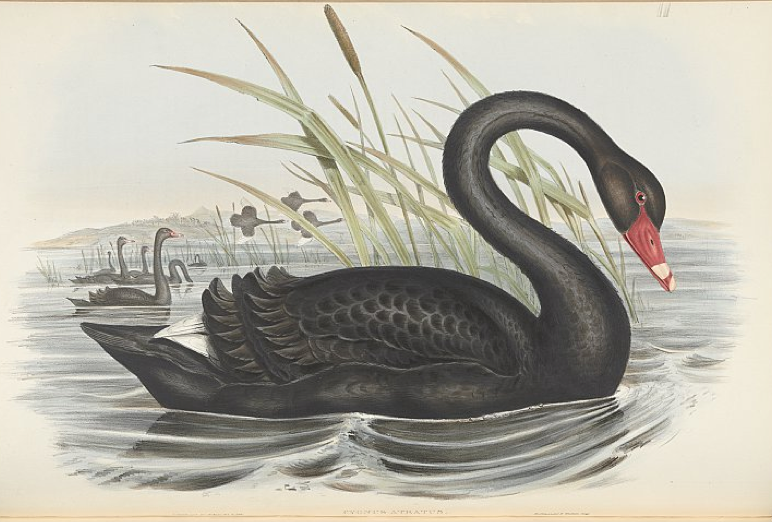Ecologies of the Beachcomber in Colonial Australian Literature
Keywords:
beachcomber, species, colonial fiction, nature writingAbstract
Ideas of the beachcomber as part castaway, part vagabond – the ragged figure of the ex-sailor or convict searching for a better life somewhere in the islands of the Pacific – are no longer so familiar as they were during the nineteenth century. Beachcombing today is more often associated with scanning the shoreline to collect shipwrecked objects or natural specimens washed up by the sea, in rituals to do with monitoring and preserving the coastal environment instead of plundering it for trade. This article will explore the beachcomber’s changing investments in nature, looking at stories by the colonial Australian author Louis Becke and at later, non-fiction works by the writer and naturalist E J Banfield. It will suggest that Banfield’s 1907 book, Confessions of a Beachcomber, marks a self-conscious transformation of the beachcomber from tropical-island fugitive to ecological recluse.Downloads
Published
2015-08-27
Issue
Section
Articles
License
The copyright for articles in this journal is retained by the author(s), with first publication rights granted to the journal. By virtue of their appearance in this open access journal, articles are free to use with proper attribution in educational and other non-commercial sectors.Attribution-NonCommercial-ShareAlike 2.1 Australia
This work is licensed under the Creative Commons Attribution-NonCommercial-ShareAlike 2.1 Australia License. To view a copy of this license, visit http://creativecommons.org/licenses/by-nc-sa/2.1/au/ or send a letter to Creative Commons, 543 Howard Street, 5th Floor, San Francisco, California, 94105, USA.
How to Cite
Ecologies of the Beachcomber in Colonial Australian Literature. (2015). Journal of the Association for the Study of Australian Literature, 15(2). https://openjournals.library.sydney.edu.au/JASAL/article/view/9942

